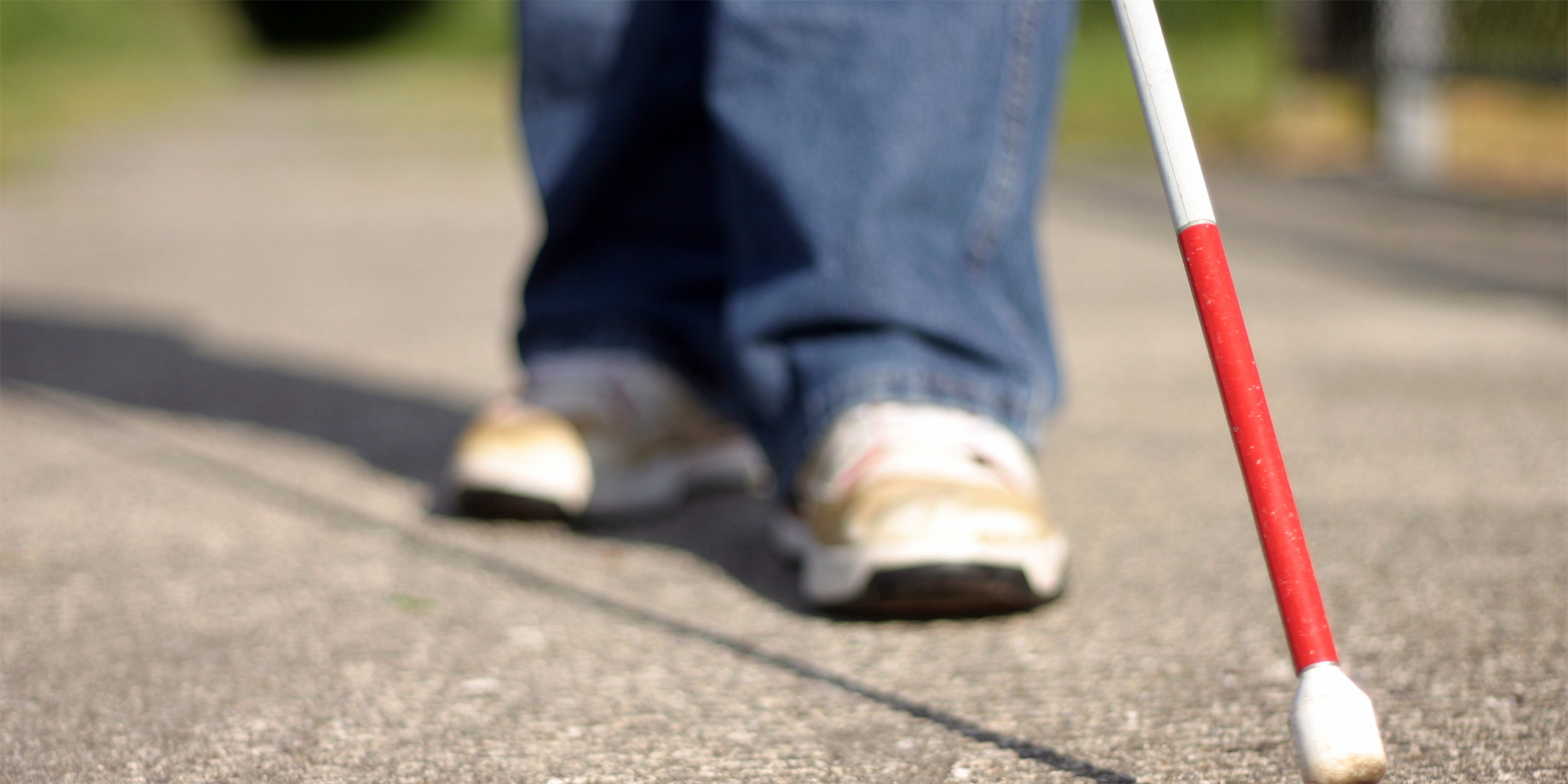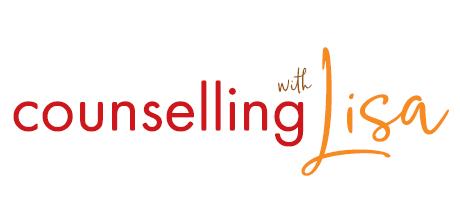
People with Disabilities
A disability can be either physical, developmental, or mental. It may have been present at birth, caused by an accident or developed over time. Defining disability is impacted by the model of disability used; the medical model sees disability as residing in the person and something that needs to be fixed. The social model sees disability as being shaped by the environment around the person, the built structures and the intellectual structures of society.
The United Nations’ Convention on the Rights of Persons with Disabilities (CRPD) recognizes that “disability is an evolving concept and that disability results from the interaction between persons with impairments and attitudinal and environmental barriers that hinder their full and effective participation in society on an equal basis with others.
Adjustment to Illness and Disability
Hearing the news that you have just been diagnosed with a disability or illness can result in feelings of shock and devastation. Figuring out how to move through these feelings can take time and having the assistance of a counsellor can help with the process.
Living with Vision Loss
There are many different eye diseases that can create a mild, moderate or substantial loss of vision. Vision loss can happen at any age. Some people are born with low vision or blindness, while others acquire vision loss through disease or accident in their adolescent, adult or senior years.
At any age the diagnosis of vision loss can have a major effect on a person’s life, changing his- or her identity and self-esteem. You or your family members may feel fear, anger, depression, a feeling of failure, or a lack of control. All these feelings are quite normal reactions. Some people have a delayed reaction; numbness, shock or even denial can follow the diagnosis of vision loss.
It’s not hopeless! You may not be able to change your vision loss, but you can change your attitudes and feelings about being a person with vision loss. Your life is your journey to create. You can create a life journey full of success, happiness and joy even with vision loss.
How to Create Your Journey as a Person with Vision Loss
- Acknowledge Your Feelings
The first step to moving through your feelings is to acknowledge them. Feel what you are feeling without judging the feelings. Grieving or mourning what you have lost can help bring you through towards the other side.
- Deconstruct Where These Feelings Are Coming From
Our minds and bodies are marinated in society’s messages, both positive and negative. What messages have you been told about people with vision loss? Have you met other people with vision loss? How do these messages make you feel? Are these messages realistic?
- Reach Out
One of the most common reactions to vision loss is to isolate yourself from friends, family, and social events. Try and break through this isolation. Meet other people with vision loss, join a support or social group, try an adaptive sport, and seek out a counsellor. Asking for help is not a sign of weakness but a sign of strength.
This journey is not a straight and direct path. There may be many detours along the way. Exercise patience, forgiveness and a sense of humour and you will get to your destination.
Care Giver Support
For some people with disabilities, they benefit from the assistance of a care giver. Often times a care giver is a family member or close friend. The care giver is trying to help the person with a disability while working or running the family, causing stress and difficult feelings for the care giver. Counselling can provide support to the care giver, helping to process their feelings, and identifying resources for the care giver to support their own self-care. It becomes harder to help someone else when you yourself are struggling.
The Family experience
When one person in a family has a disability, the whole family is affected. There may need to be shifts in expectations, communication patterns and ways of doing things. Family members may have their own emotions to go through in terms of living with a disability. For parents there can be the added level of feeling guilty or responsible for their child’s disability and feeling the need to fix it rather than accept the disability. Many times, the focus is on getting help for the family member with a disability, though it can really be beneficial for multiple family members to seek out resources and possible counselling.
Ableism
Ableism is discrimination, harassment, and violence experienced based on a person’s disability. it is embedded into the institutions and systems of society. You can experience ableism on an individual level, buracratic level or systems level. It can be part of the way other people perceive you, the barriers you face or determine the opportunities available to you. Understanding ableism can provide you with greater insight to the dynamics of your life as a person with a disability.


